The experience of watching Warwick Thornton’s The New Boy, his film with Cate Blanchett as the nun running an orphange during the second world war and a boy dazzlingly played by Aswan Reid – who is like a Son sent by God to confront the cruelty of a Christian world and to rival it – is extraordinary. He brings snakes to life, he seems to give himself the stigmata with the snakes, he brings the wooden figure of the crucified Christ and puts jam to his lips like the centurion’s proffering of vinegar to the Son of Man on the cross. Is the boy a new incarnation of divinity, is he an indigenous godling come to shake the living and the dead: who knows? There is the strongest element of T.S. Eliot’s ‘We know we have been there but we cannot say where’. Warwick Thornton says ‘I guess’ when you put to him that the boy stands in relation to him the way Flaubert’s hopeless romantic heroine did when the man who led on to James Joyce, a writer in thrall to an ideal of impersonality, said, ‘Madame Bovary, c’est moi.’ He quarrels though with the most renowned of Hollywood Western-makers, John Ford. ‘I have a mixed view of John Ford in The Searchers. She [Natalie Wood] has become a savage so we have to kill her. That sort of machismo bullshit.’ It’s fascinating to see this cinematographer of genius – a director almost by happenstance but far and away the greatest figure in Indigenous cinema – talk of his influences and early enthusiasms. He says that he writes in three slim A4 notebooks – enough for for the beginning, middle and end – and then gets someone to type out what he’s working on. ‘I won’t pick up a pen,’ he says, ‘until I have the ending.’ The only reference he makes to Shakespeare is to express enthusiasm for that most climactic line, ‘My horse, my horse, my kingdom for a horse.’
He loved the the 2000AD comic magazine which gave a whole new take on science fiction with its radical dystopias and mutations. ‘It made sense to me as an indigenous person.’ It was a British comic but dramatised the enslavement of indigenous aliens, the Spanish auto-da-fé and Inquisition transposed to outer space. He had nothing against New Norcia, the famous monastery he had attended as a boarder, but the place also gave him the apprehension of damnation and emphasised what a horror Catholicism could be when it was joined with colonialism.
It’s fascinating to tally the preoccupations of this supreme image-maker with earlier representations of the horrors of conquistadors who marched and killed under the banner of Christ.
In Mario Vargas Llosa’s Death in the Andes – an extraordinary work by the writer sometimes considered the greatest novelist alive – the policeman hero Lituma equates the leftist massacres of the Shining Path revolutionaries with the ancient Aztec lust for human sacrifice, the placation of the gods, the apus.
This led to a look via YouTube at that historical extravaganza The Royal Hunt of the Sun (1969), the film version of the Peter Shaffer drama in which Robert Shaw plays the Spanish conquistador Pizarro and Christopher Plummer is Atahualpa, the Inca godking of Peru. The dramatic tension between the two actors has great magnetism as the man whose most famous film would be Jaws is fascinated by Captain von Trapp from The Sound of Music.
Shaffer is the author of Amadeus as well as Equus filmed by Sidney Lumet with Richard Burton as the psychiatrist who tangles with the boy who blinds horses. One striking thing about the film of The Royal Hunt of the Sun is that the script is by Philip Yordan (who also produced) and Yordan had done the script – notably superior to the original stage script in Lucienne Hill’s translation of Anouilh – of the film of Becket, that very glamourous two-hander in which Burton plays the crafty counsellor who as archbishop becomes God’s man and Peter O’Toole plays the turbulent King who loves him and has him killed.
The Royal Hunt of the Sun is not at this level for all its vibrancy and its representation of massacre justifying priests and swooping confrontations between different conceptions of the incarnation of the Godhead in a world of the colonial lust for gold and the differently inflected notions of human sacrifice so that the audience and Pizzaro are within an inch of believing Atahualpa will rise from the dead after the Peruvian god-king is ritually strangled at the behest of the priests.
The Royal Hunt of the Sun is at one level a magniloquent histrionic bravura horror story of civilisations clashing that is manifestly the work of the author of Amadeus even if the direction is a long way from Miloš Forman.
But we would be wrong to dismiss all the epical costume drama of yesteryear. It’s weird, after all, that the Royal Shakespeare Company grandeurs of The Royal Hunt of the Sun should tally with the perspectives of an Australian film-maker whose first loyalty is to the power of the image.
It’s cheering too in its dark way to have a look at the TV series of Animal Kingdom which while Americanised and turned into a multiple-series streamer is a development of David Michôd’s startling and powerful 2010 film that gave Jacki Weaver a belated international career when she played the figure who came to be known as Grandma Evil.
Her opposite number and successor in the American Animal Kingdom is Ellen Barkin and she gives a superlative performance as Smurf, the matriach of a cavalcade of competing evils who retains a human face, flickeringly and disconcertingly a sometimes sympathetic human face, as she fights and swipes and battles through to predominate over her tribe who testify (to a sometimes bewildering degree) to the gradations of the commitment to the criminal path so that it sometimes seems like an honourable trade and sometimes an awful malediction. And in the midst of all this there is the innocent boy Finn Cole – a figure who parallels the figure of Martin played by Zeffirelli’s Romeo Leonard Whiting in the Shaffer epic – who is like an incarnation of the good in a world that goes from the lightest grey to the darkest black.
Got something to add? Join the discussion and comment below.
Get 10 issues for just $10
Subscribe to The Spectator Australia today for the next 10 magazine issues, plus full online access, for just $10.
You might disagree with half of it, but you’ll enjoy reading all of it. Try your first month for free, then just $2 a week for the remainder of your first year.

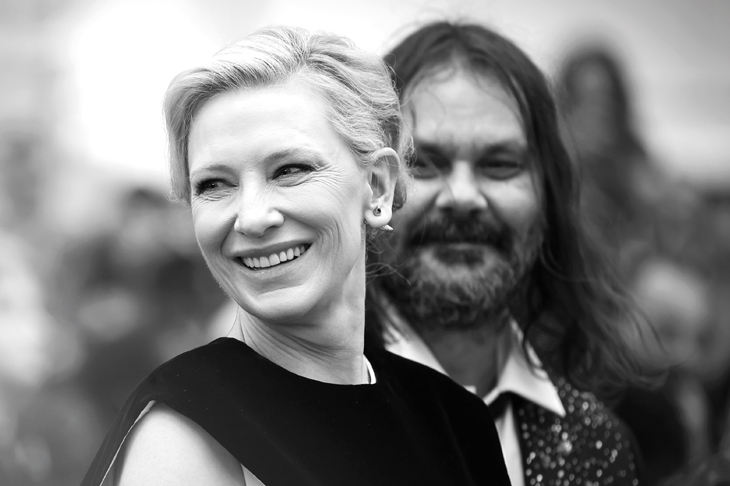
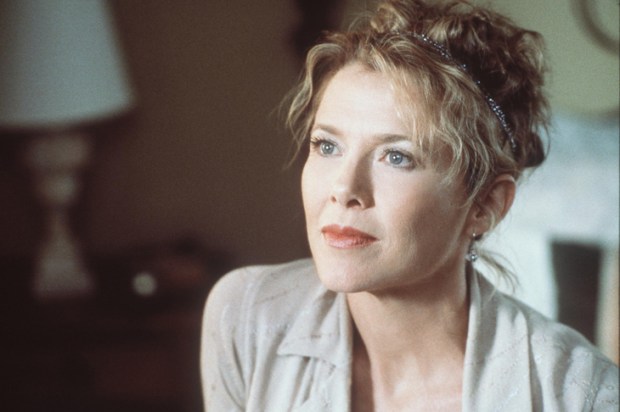

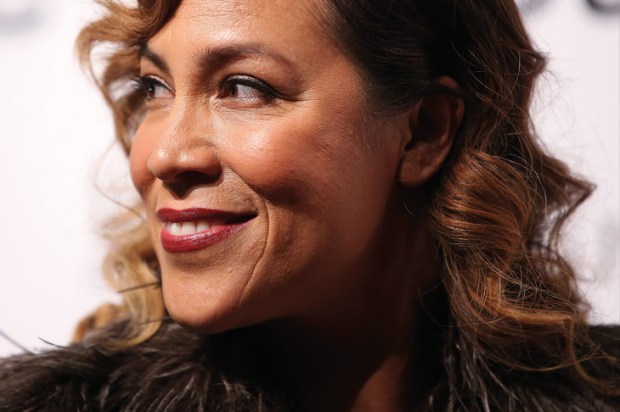
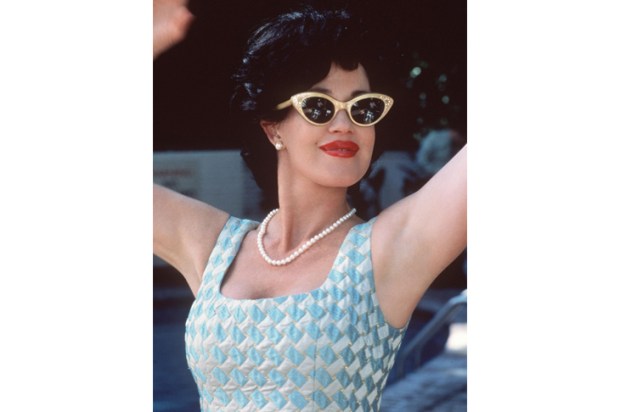
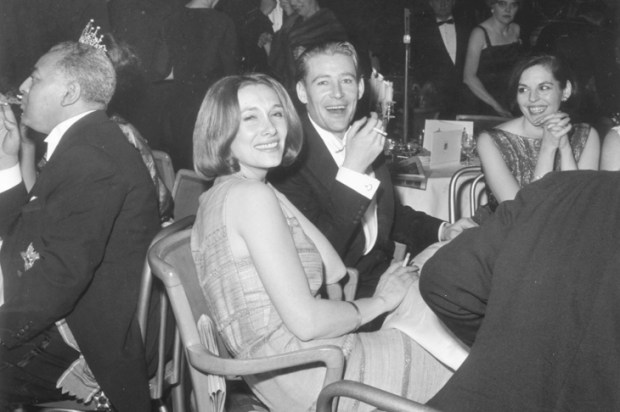
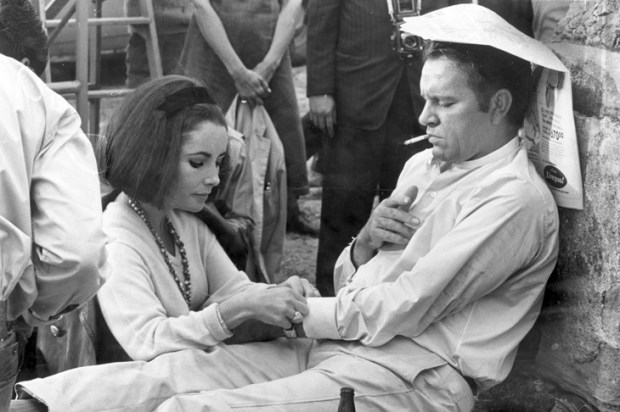






Comments
Don't miss out
Join the conversation with other Spectator Australia readers. Subscribe to leave a comment.
SUBSCRIBEAlready a subscriber? Log in